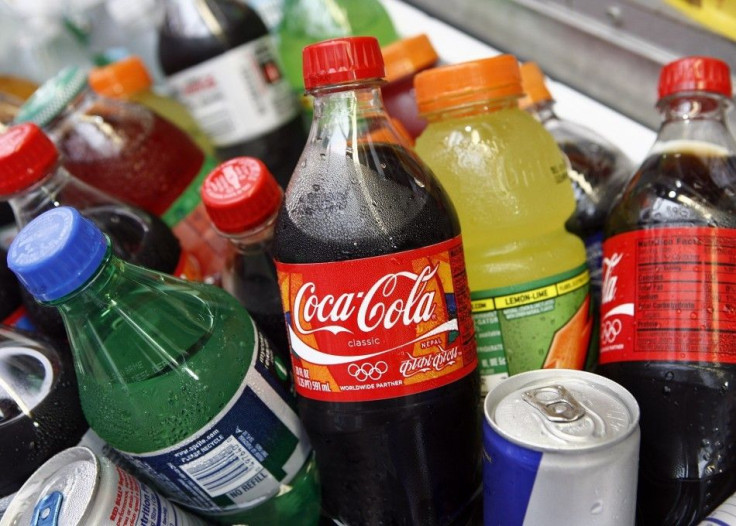Fizzy Colas Blamed for Aggressive Teenage Behavior: Study

A new study has attacked fizzy drinks as being inappropriate for teenagers. According to the study, teens who are addicted to carbonated soft drinks are more likely to be aggressive, say researchers at the University of Vermont. The research stated that teenagers consuming more than five cans of non-diet, fizzy soft drinks per week were significantly more likely to behave aggressively.
The study seems to validate arguments made by U.S. lawyers in the past, stating that a defendant accused of murder has diminished capacity as a result of switching to a junk food diet, a legal precedent that became known as the Twinkie Defense.
Lead authors Sara Solnick, and David Hemenway noted that dan White, the killer of gay rights activist Harvey Milk in 1978, was convicted only of voluntary manslaughter by claiming an unhealthy diet made him irrationally.
The new study, published in the journal Injury Prevention, now states that teens addicted to soft drinks are also more likely to have drunk alcohol and smoked at least once in the previous month. The findings showed that for those teens who were heavy consumers of non-diet carbonated soft drinks, the probability of aggressive behavior was 9 to 15 percentage points higher - the same extent as the impact of alcohol or tobacco.
The study findings were divided into four categories of consumption and the results showed a clear dose-response relationship across all four measures, with violent effects increasing at greater consumption.
There may be a direct cause-and-effect relationship, perhaps due to the sugar or caffeine content of soft drinks, said the authors, However, high soda intake's influence on the probability of carrying a weapon wasn't as strong as that of alcohol or tobacco, although it was significant. The researchers also noted that there may be other, unaccounted for factors at play.
According to the statistics, a little over 23 per cent of teens drinking a maximum of one can of cola a week carried a gun or knife. That figure rose to 43 per cent among those drinking 14 cans or more. The proportions of those perpetrating violence towards a partner rose from 15 per cent (for those drinking a maximum of one can a week) to just short of 27 per cent (among those drinking 14 or more). Similarly, violence towards peers rose from 35 per cent to more than 58 per cent, while violence towards siblings rose from 25.4 per cent to over 43 per cent.
The authors investigated the link between soda consumption and violence through a survey of students at Boston public high schools. Students were asked how often they drank soda and whether they carried a weapon or engaged in violence.
A total of 1,878 teens responded to the survey - half were black, 33 per cent were Hispanic, 9 per cent were white and 8 per cent were Asian. Nearly 30 per cent of all respondents reported drinking more than five cans of non-diet soda every week.
Solnick and Hemenway found that those who drank more than five cans of soda per week were significantly more likely to have carried a weapon than those who drank less. They were also more likely to have been violent with peers, family members and on dates, the researchers reported.
Despite the new findings, a report recently released by the American Customer Satisfaction Index noted that the ACSI score for the soft drink industry ticked up 1.2 per cent to 85 (on a 0 to 100 scale).
The industry's score is also seen as stronger due to small gains for the two cola giants - Coca-Cola and PepsiCo. - as they improved 1 per cent each, to share the lead at 85. In addition, there was a big boost in the category of smaller brands (store brands plus labels such as Faygo and Shasta).
Following last year's 7 per cent plunge to 79, customer satisfaction with smaller brands increased by 5 per cent to 83. For the Dr. Pepper Snapple Group however, the opposite occurred; its score sunk to 82, down four per cent from an industry-leading 85 in 2010.
ACSI results show that customers are becoming more sensitive to price at a time when the company has raised prices.
© Copyright IBTimes 2024. All rights reserved.





















